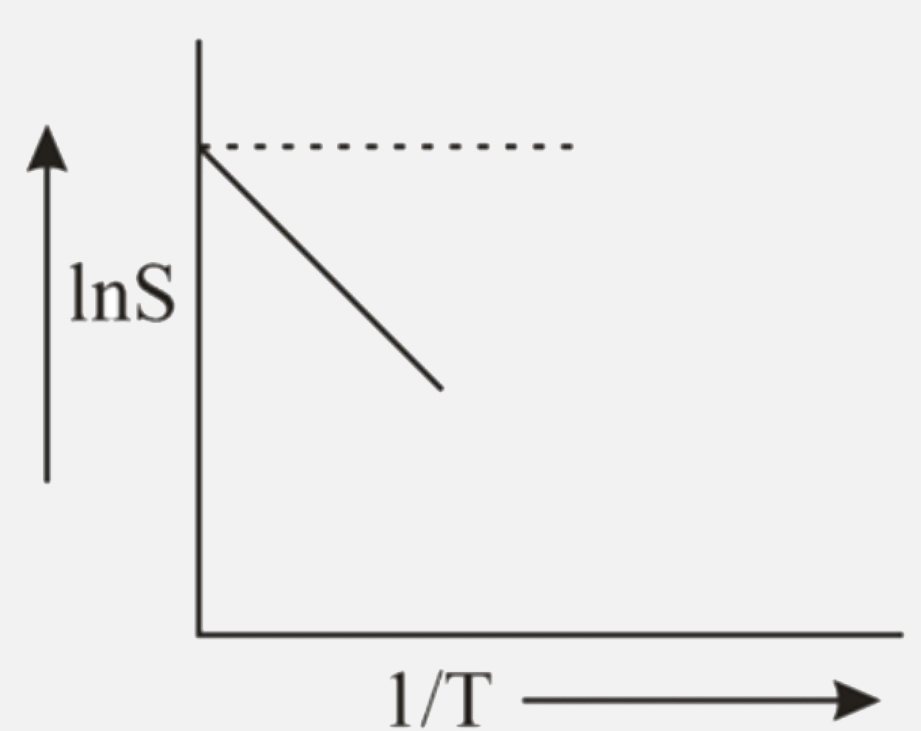In a _________ solution, no more solute can dissolve at a given temperature.
Step-by-Step Solution:
1. Understanding the Question: The question asks for a term that describes a solution in which no more solute can dissolve at a specific temperature.
2. Identifying Key Concepts:
- A solution is a homogeneous mixture of two or more substances.
- The solute is the substance that is dissolved (e.g., sugar or salt).
- The solvent is the substance that does the dissolving (e.g., water).
3. Defining Types of Solutions:
- Unsaturated Solution: A solution that can still dissolve more solute at a given temperature.
- Saturated Solution: A solution in which no more solute can be dissolved at a given temperature. This is the point where the solution has reached its maximum capacity for solute at that temperature.
- Supersaturated Solution: A solution that contains more solute than it can theoretically hold at a given temperature, usually achieved by changing the temperature or pressure.
4. Conclusion: Based on the definitions, the correct term to fill in the blank is "saturated solution."
5. Final Answer: In a saturated solution, no more solute can dissolve at a given temperature.
---
- A solution is a homogeneous mixture of two or more substances.
- The solute is the substance that is dissolved (e.g., sugar or salt).
- The solvent is the substance that does the dissolving (e.g., water).
- Unsaturated Solution: A solution that can still dissolve more solute at a given temperature.
- Saturated Solution: A solution in which no more solute can be dissolved at a given temperature. This is the point where the solution has reached its maximum capacity for solute at that temperature.
- Supersaturated Solution: A solution that contains more solute than it can theoretically hold at a given temperature, usually achieved by changing the temperature or pressure.
Similar Questions
Knowledge Check
- Question 1 - Select One
During dissolution when solute is added to the solvent, some solute particles separate out from the solution as a result of crystallisation . At the stage of equilibrium, the concentration of solute in the solution at given temperature and pressure
AincreasesBdecreasesCremains constantDkeeps changing
Solute when dissolved in water:
View SolutionIf 5 g. of a solute is added to 50 ml. of a solvent at a particular temperature and the solution can dissolve more of the solute at that temperature - is the solution obtained a saturated or an unsaturated solution. Give reasons.
View SolutionThe solubility of gas in liquid is directly proportional to the pressure over the solutions at a given temperature.
View SolutionIf the solution boils at a temperature T1 and solvent at a temperature T2 the elevation of boiling point is given by:
View SolutionThe solubility (S) of solute in water varies with temperature as given by S=Ae−ΔH/RT,ΔH being the enthalpy of solution. For a given solute, variation of lnS with temperature is as shown in figure. The solute is expected to be
 View Solution
View SolutionA solution used for dissolving noble metals.
View SolutionWhich of the following pair of solutions can be expected to be isotonic at the same temperature ?
View Solution

